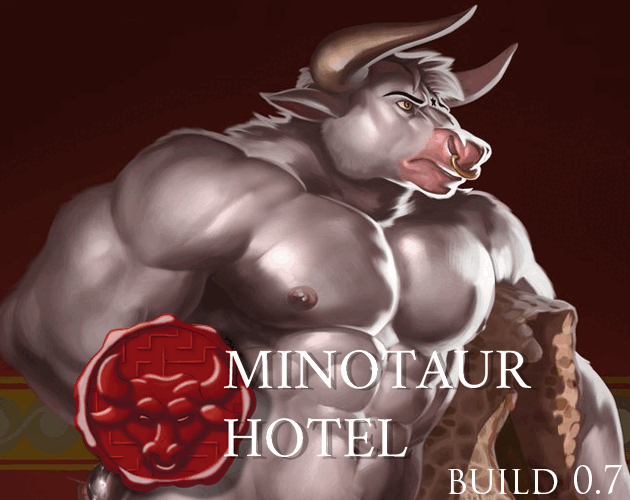The Salt
The Labyrinth's Constitution dictates: "The Labyrinth shall not materialize salt, gold, silver, tyrian purple, spices, saffron and other such objects which are currency or analogous to it."
This is significant due to salt itself. Salt has recurring relevance throughout the story. Primarily, the Hinterlands were described as being lousy with salt mines. It is mentioned by P that salt wards off 'bad magic', it is a purifying powder that cleanses, and is of particular use to Mythicals, namely in helping break cycles of Recursion.
Perhaps the hotel is denied from producing salt due to its potential of interfering with the implied recursion that causes Asterion to experience his tortures?
Weather
Through creating a swimming pool, it is shown that the hotel is capable of materialising large bodies of water. This got me thinking - could the hotel potentially produce weather, or some interpretation of it? By all accounts, the land around the hotel is desolate, nothing is permitted to grow, save for the asphodel flowers by the statue of Hades. It leads to the idea that it is eternally sunny around the hotel.
But if a contract was created, with specific instructions on the function of rain, or god forbid snow, would the hotel be able to manifest weather around itself? How high up does the reach of the hotel's influence go? It's shown to go quite deep underground, but aside from the balcony, there seems to be no established upper limit.
Worship
Conversations with Robert imply various forms of the afterlife exist, and Asterion has literally been to Asphodel, so we know for certain that there is a cthonic option there. However, what dictates where you go? Where do atheists go? If you were a believer in the traditional Christian system of heaven and hell, would you go to either depending on your actions in life?
My theory is that, by showing mercy upon Asterion, and our presence in all of the rites he has performed in the names of Greek gods and goddesses, our part in his punishment, may be viewed favourably and send the MC to Hades upon their death. However, abusing loopholes in the hotel's constitution may be viewed unfavourably by the gods that deemed Asterion worthy of suffering for his meekness. What do you think? Would Hades take pity on us and allow us to stay in Asphodel when we die? Would Asterion ever meet us there?


